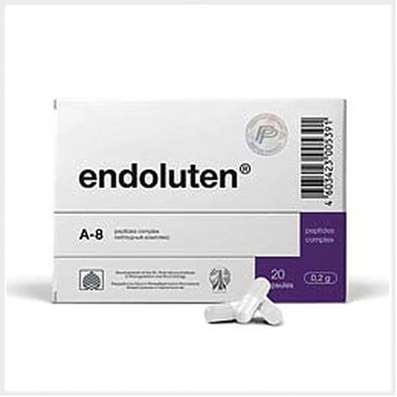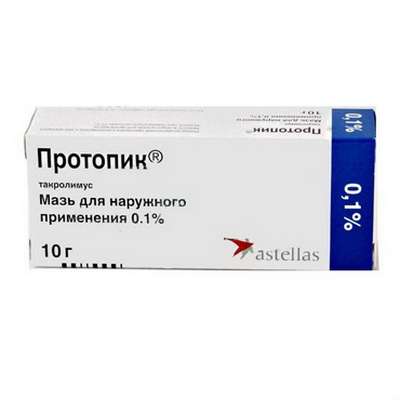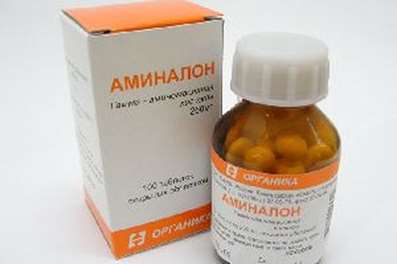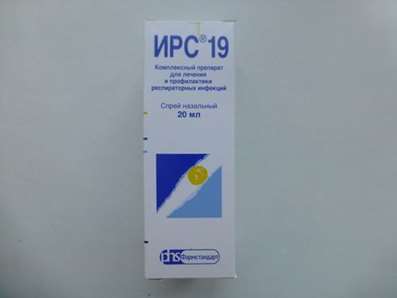Instruction for use: Sirdalud MR
I want this, give me price
Active substance: Tizanidine
Indications
Painful muscle spasms in spinal diseases (including low back pain, spondylosis, syringomyelia, hemiplegia, cervical and lumbar syndromes), following surgery for a herniated intervertebral disc or osteoarthritis of the hip, spasticity and pain caused by neurological diseases: multiple sclerosis, chronic myelopathy, degenerative diseases spinal cord injury, cerebrovascular accident, stroke, traumatic brain injury, cerebral palsy, seizures of central origin.
Contraindications
Hypersensitivity to tizanidine; severe liver function; simultaneous use with potent inhibitors of CYP1A2 isoenzyme (fluvoxamine and ciprofloxacin), alpha2-adrenergic agonists; pregnancy; breastfeeding; children under 18 years (effectiveness and safety have been established).
Pregnancy and breast-feeding
Since the use of tizanidine controlled studies in pregnant women have not been conducted, it should not be used during pregnancy.
At the time of treatment tizanidine should stop breastfeeding because No data on its penetration into breast milk.
Category effects on the fetus by FDA - C.
Side effects
The frequency of side effects listed below, defined respectively WHO classification: very common (≥10%); frequently (≥1%, <10%); infrequently (≥0,1%, <1%); rarely (≥0,01%, <0,1%); very rare (<0.01%) including isolated reports; Frequency not known (can not be estimated using the available data).
From the nervous system: very often - drowsiness, dizziness.
On the part of the psyche: often - insomnia, hallucinations, sleep disturbances.
From the CCC: often - a reduction of blood pressure (in some cases expressed, up to the collapse and loss of consciousness); infrequently - bradycardia.
From the digestive system: very often - dry mouth, gastrointestinal disorders; often - nausea.
Laboratory tests: often - increased activity of microsomal liver enzymes.
From the musculoskeletal system: very often - muscle weakness.
Skin and subcutaneous tissue disorders: allergic reaction (eg rash).
General disorders: often - fatigue, withdrawal syndrome.
With a sharp lifting of tizanidine after prolonged treatment and / or high-dose (as well as after the simultaneous application with antihypertensive drugs) noted tachycardia development and increase in blood pressure that can in some cases result in acute ischemic stroke, so the dose of tizanidine should be reduced gradually to the full the abolition of the drugs.
Anecdotal reports of adverse events according to the application in clinical practice
Against the background of tizanidine therapy in clinical practice, the following adverse events were observed without any indication of a causal link with the use of this drug (adverse events has not been established).
On the part of the psyche: the frequency is unknown - hallucinations, anxiety, confusion.
From the nervous system: the frequency is unknown - vertigo.
From a sight organ: the frequency is unknown - blurred vision.
On the part of the liver and biliary tract: the frequency is unknown - acute hepatitis, liver failure.
General disorders: frequency not known - fatigue, withdrawal syndrome.
Precautionary measures
Hypotension may occur during treatment with tizanidine, but also as a result of interaction with inhibitors of the CYP1A2 isoenzyme and / or antihypertensive drugs. The marked decrease in blood pressure can lead to loss of consciousness and collapse.
Reported cases of liver dysfunction associated with tizanidine, but the application of a daily dose to 12 mg of these cases were rare. In this regard, it is recommended to monitor liver function tests 1 every month during the first 4 months of treatment in patients who are assigned tizanidine in a daily dose of 12 mg and above, as well as in cases where there are clinical signs suggestive of liver dysfunction - such as unexplained nausea, anorexia, fatigue. In the case where the ACT and ALT levels in serum exceed stable ULN 3 times or more, the use of tizanidine should be discontinued.
During treatment should refrain from the use of ethanol.
Patients older than 65 years. Experience with tizanidine in patients aged 65 years and older is limited. It is recommended to start treatment with the lowest dose with gradual increase to achieve the optimum ratio of tolerability and efficacy.
Renal insufficiency. Patients with renal insufficiency (Cl creatinine ≤25 mL / min) the recommended initial dose - 1 mg 2 times a day. Increasing doses are gradually slow in view of portability and efficiency. If you want to get a more pronounced effect, it is recommended to increase the dose to be assigned to one time per day, then increase the multiplicity of purposes.
Abnormal liver function. The use of tizanidine in patients with severe hepatic impairment is contraindicated.
Interruption of treatment
Upon termination of tizanidine therapy to reduce the risk of rebound increase in blood pressure and tachycardia, should slowly reduce the dose to the complete abolition of drugs, especially in patients receiving high doses of tizanidine in a long time.
Effects on ability to drive and use machines. Due to the profile of adverse reactions, it is recommended to refrain from activities that require high concentration and quick reactions, such as driving a vehicle or using machinery.

 Cart
Cart





